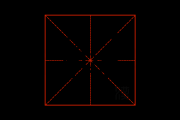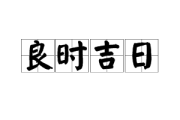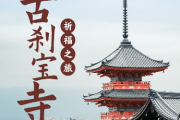在广岛的下,八坂神社以其独特的建筑风格与历史沉淀,见证着无数信众的虔诚与求索,这座建于1603年的神社,不仅是广岛的地标,更是神文化的象征,在神社的每一个角落,都似乎蕴含着某种神秘的力量,吸引着人们前来叩问命运与。

八坂神社的建筑以红砖和石板为主,顶部覆盖着金色的铜屋顶,展现出一种独特的神风格,神社的前庭被精心设计,仿佛一个与自然和谐共处的空间,四季如春,鸟语花香,神社内的供奉物多为自然之物,如干花、树枝等,这些元素与周围的自然景观相得益彰,营造出一种宁静而神秘的氛围。
在八坂神社中,"求签"是一种常见的仪式,信众们会向神社祈求帮助或指导,这种仪式背后,是人类对未知与命运的敬畏与探索,神社的钟声、铜与星空的交响,仿佛在诉说着宇宙的奥秘与人类的渺小,信众们相信,通过特定的仪式与祈求,可以与神灵沟通,获得某种启示或指引。
星空在神社的象征意义也不容忽视,广岛的中, constellations like Taurus and Andromeda can be seen, giving the神社 a sense of coic connection. The interplay between the man-made structure of the神社 and the natural night sky creates a unique atmosphere of balance and harmony. The stars above seem to watch over the神社, adding a layer of mystery and wonder to its sacred spaces.
The relationship between the神社 and the night sky reflects a deeper philosophical inquiry into the nature of existence. For humanity, the night sky is a source of both awe and fear. The vastness of the universe, the complexity of celestial movements, and the unpredictable nature of space and time challenge our understanding of self and place. In the context of a神社, this sense of wonder and uncertainty is balanced by the comforting presence of faith and ritual.
In conclusion, the eight-pantheon神社 of广岛 is not just a place of worship, but a microco of the human condition. It serves as a reminder of our place in the universe, and our ongoing quest for meaning and guidance. Through the rituals of the神社 and the beauty of the night sky, we find a sense of connection to the divine and a deeper understanding of our own existence.








